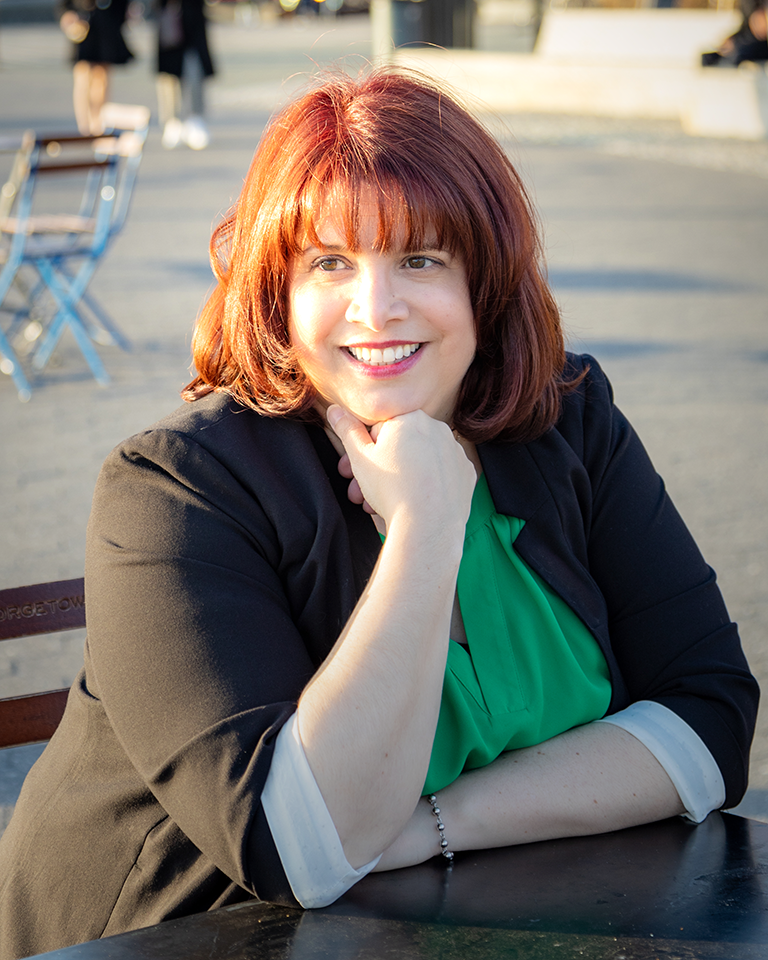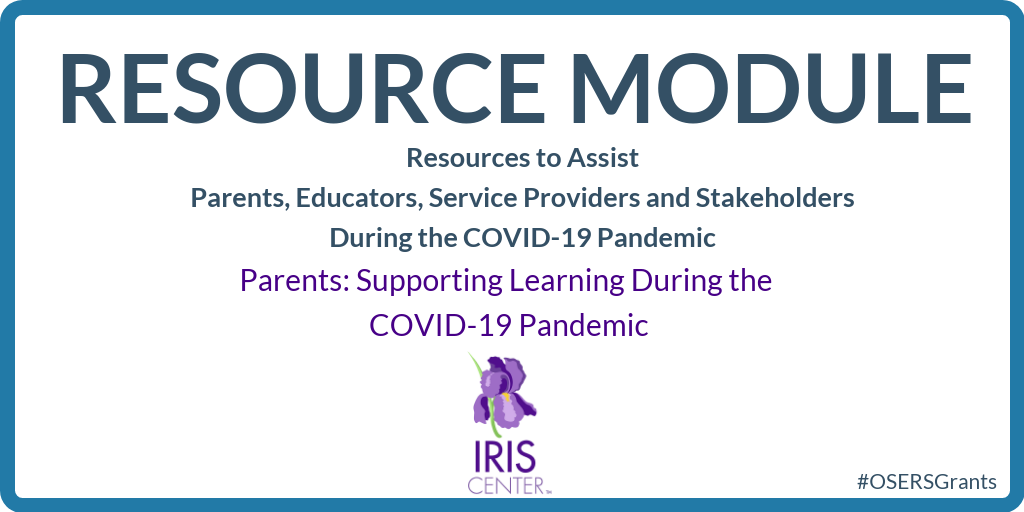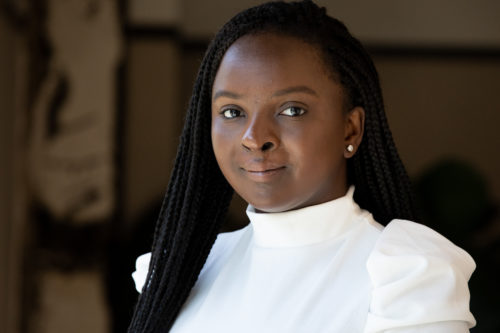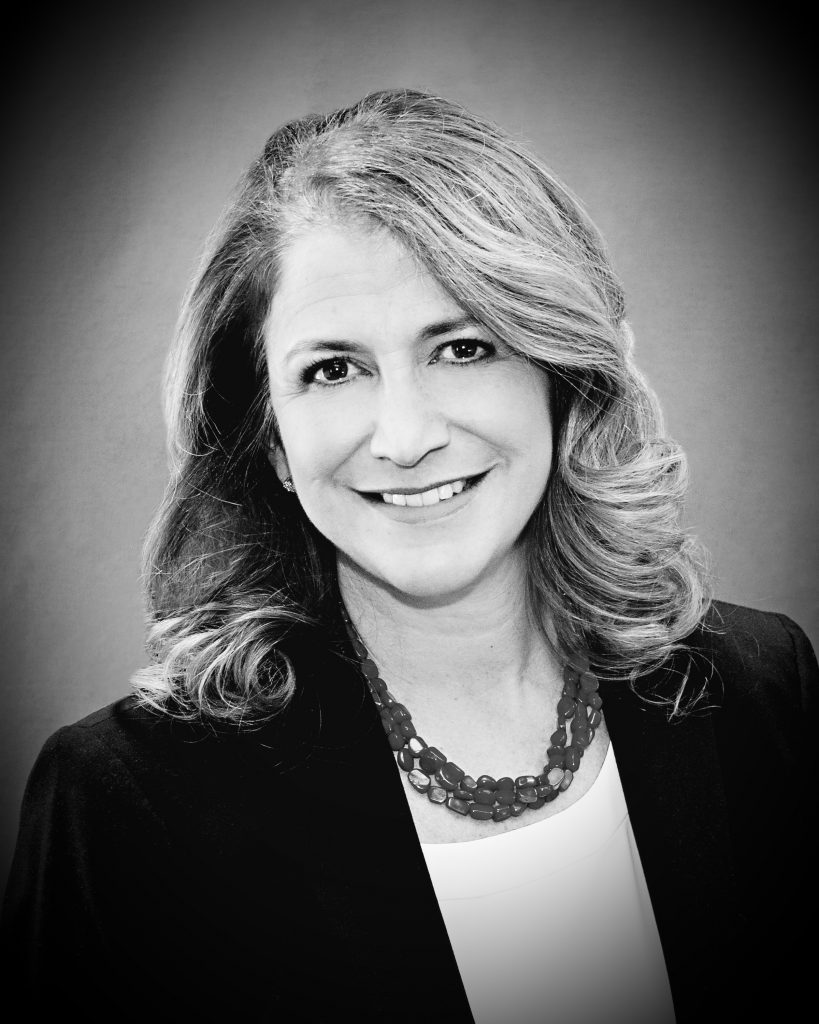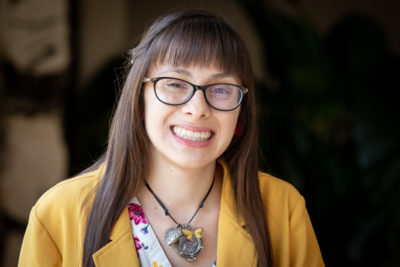NOTE: October is Learning Disabilities (LD)/Dyslexia/Attention Deficit Hyperactivity Disorder Awareness (ADHD) Month.
By Lia Beatty, Whitman College student
My self-advocacy is a choice. Not a choice I wanted to make, but one I had to make and continue to make every day.
The journey was provoked by a defining moment in my first year of college. A psychologist told me, referring to my recently diagnosed attention deficit disorder (ADD)—and not-yet identified dyslexia—that I would “just have to settle with being less than,” a feeling I had already felt for so long.


